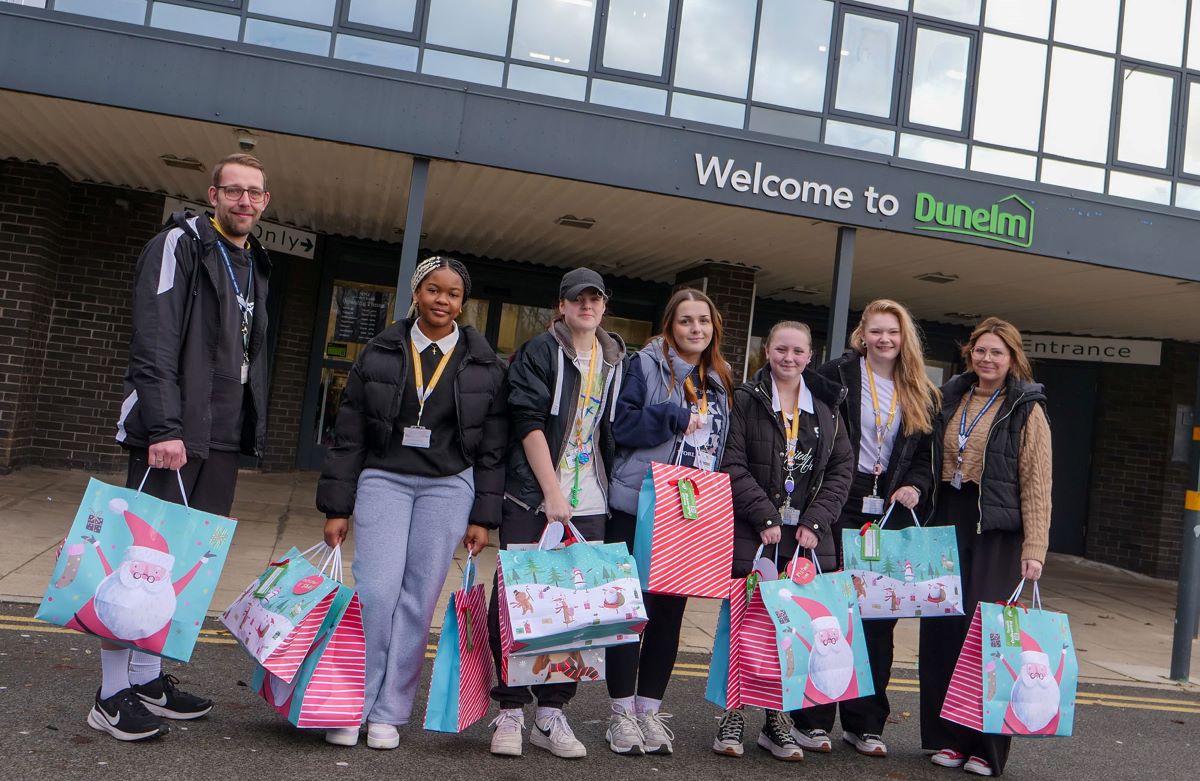Inquiry launched to investigate urgent need to grow apprenticeships in engineering, manufacturing and technology

Former Labour and Conservative ministers Lord Knight and Lord Willetts, with support from charity EngineeringUK, are today launching an inquiry to uncover the reasons behind the worrying decline in engineering, manufacturing and technology apprenticeships starts seen over recent years in the UK.
Given the skills shortage and a growing demand for engineers and technicians, the inquiry will look to identify vital solutions which could help to increase the number and diversity of young people taking up apprenticeships in the sector.
Employers, training providers, young people and those who work with them, are all being urged to get involved in the ‘call for evidence’ by submitting their views, evidence or ideas to improve this much-needed career pathway into the sector.
Despite a modest uptick in numbers last year, engineering-related apprenticeship starts in England are still 9% lower than in 2014/15. What’s more, the uptake varies by subject with a worrying 34% decline for engineering and manufacturing technologies.
Lord Willetts, Inquiry co-chair and former Conservative Minister for Universities and Science, comments,
“Apprenticeships, especially in engineering and technology, enjoy enormous political and media support and are a crucial route into work for many people. Meanwhile the number of young people actually doing these apprenticeships is falling.
“Our inquiry will draw on expert evidence to understand why this is happening and what can be done about it, so that we can grow and sustain the opportunities that apprenticeships offer to young people. I am delighted to be co-chairing this inquiry not least because my father ran the apprenticeship programme for a Midlands engineering firm.”
Lord Knight, Inquiry co-chair and former Labour Education and Employment Minister, comments,
“Britain must transition towards a more sustainable and productive economy. The skills shortage is a dragging anchor on that transition, particularly in key areas such as engineering. The fall in young people taking up engineering and technology apprenticeships is an urgent problem, and I am delighted to be working with David Willetts and EngineeringUK to fully investigate where the problems lie and what can be done to fix them.”
The call for evidence, which is open until 27 February 2023, is seeking views and ideas from the sector on 4 key areas:
Opportunities
- What part do apprenticeships play in helping to meet the UK’s skills needs in engineering and technology?
State of play
- What are the reasons behind the overall decline in engineering apprenticeship starts in recent years? We are particularly interested in understanding more about supply and demand.
Barriers
- What are the barriers for businesses taking on young people as apprentices and what are the barriers for young people in accessing them?
Solutions
- What do you think needs to change to help increase the number and diversity of young people taking up and completing engineering and technology apprenticeships?
Hilary Leevers, Chief Executive of EngineeringUK comments,
“Given the pressing need for more engineers and technicians in the UK, now and into the future, we urgently need more young people to start and complete apprenticeships in the sector.
“We therefore urge the sector, as well youth training providers and organisations, to show their support for this important inquiry by sharing their experiences and suggestions for how to make engineering-related apprenticeships more available and accessible to young people. We hope the inquiry will open up conversations about how to break down barriers, inform effective policy making and widen opportunities for young people in engineering and technology careers.”
The inquiry – ‘Fit for the future: growing and sustaining engineering and technology apprenticeships for young people’ has opened its call for evidence until the 27 February 2023. For more information and to respond visit: www.engineeringuk.com/fitforthefuture











Responses